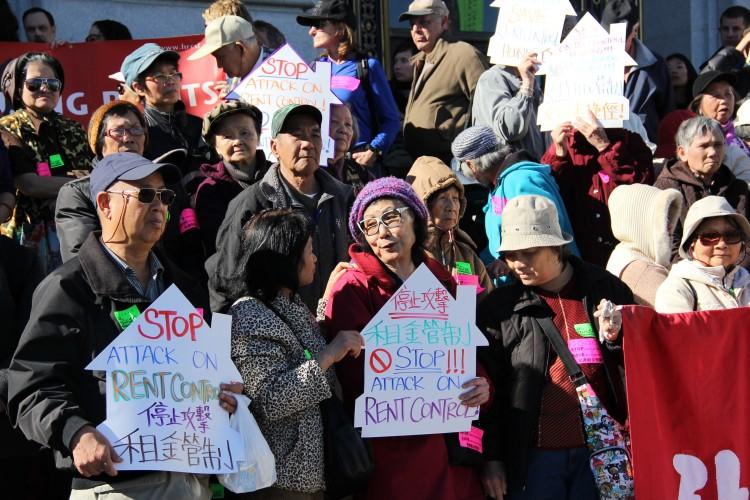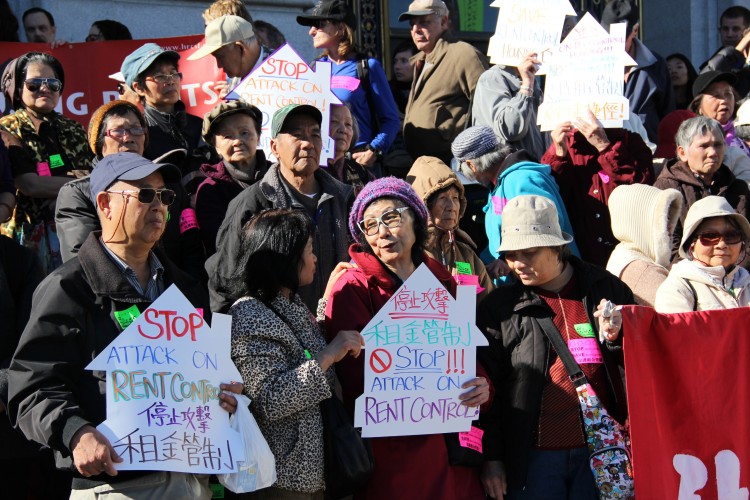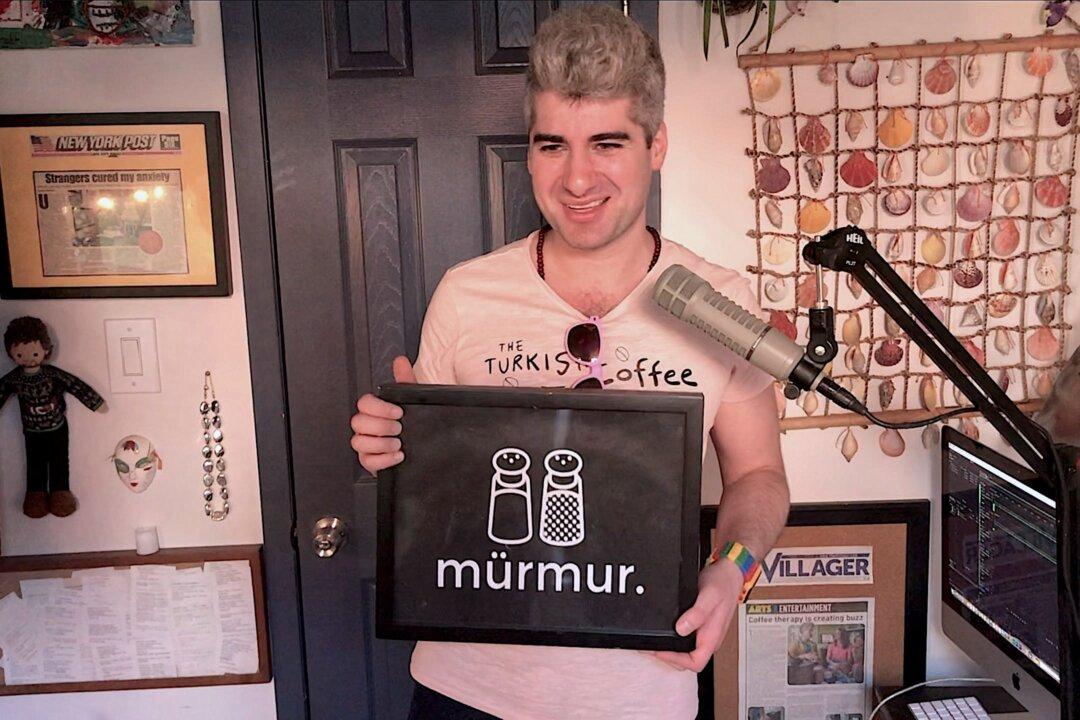SAN FRANCISCO—A vote on proposed legislation, which the rental community regards as an attack on rent control and affordable housing, was put on hold Monday.
Tenant groups worry that the ordinance that fast-tracks the conversion of apartments into condominiums would significantly reduce the available number of rent-controlled units.
The legislation, debated by the Land Use & Economic Development Committee, would allow 2,000 tenancies in common (TIC) to be converted to condos, bypassing a lottery system that sets an annual limit at 200.
The packed hearing at City Hall lasted more than five hours, with emotion-filled public speakers, both tenants and TIC owners, lining up to make their case.
By paying a one-time fee of up to $20,000 per TIC unit, owners of buildings eligible for the lottery but not selected could automatically convert their buildings to condos. The amount would be reduced for every year of participation in the lottery, down to $4,000 per unit after five years.
TIC owners share the ownership of a building, but often have to pay higher interest rates on mortgages than condo owners do.
Supervisor Mark Farrell, District 2, who is the author, called the legislation a “common-sense solution” that would provide not just a pathway for people to become homeowners, but would also give more protection to tenants.






